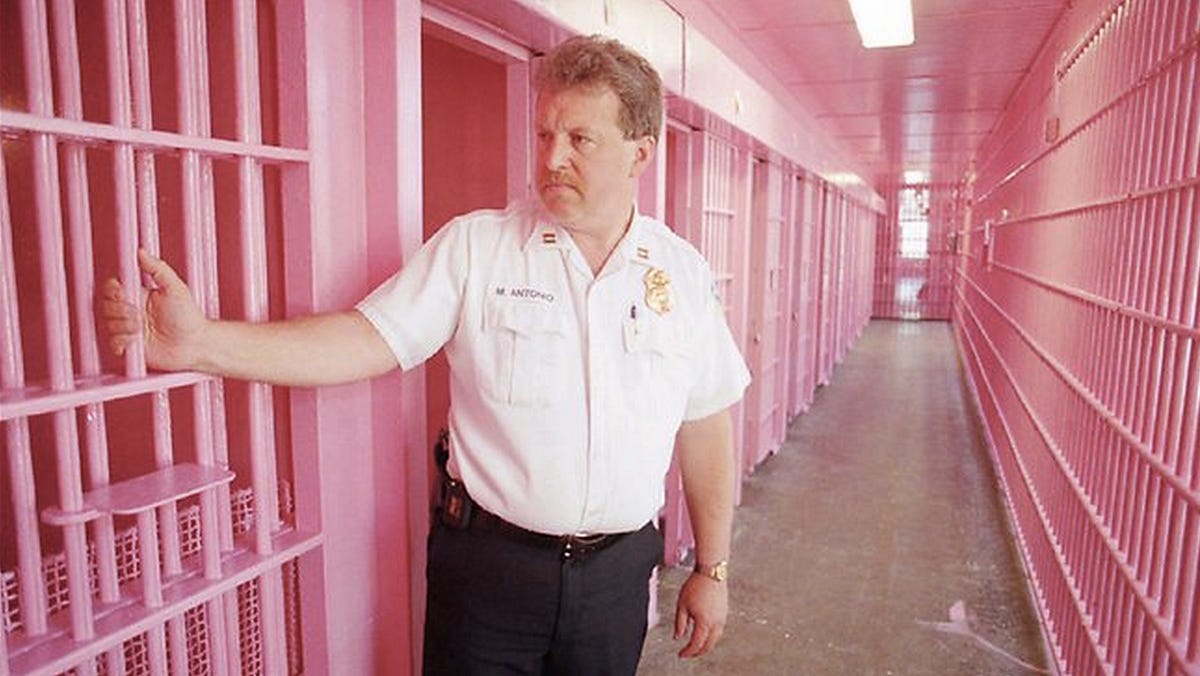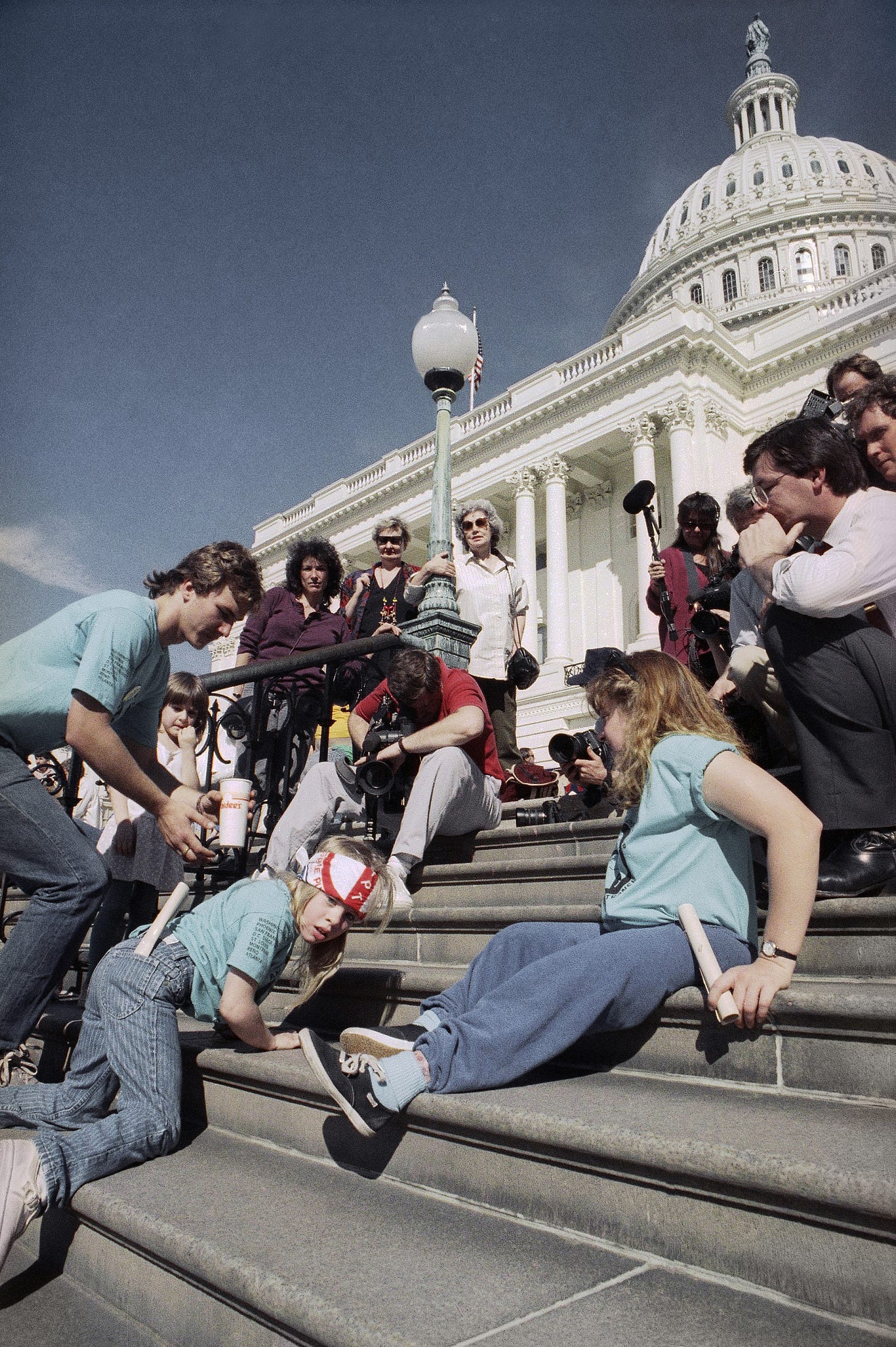...so it's good enough for government work!
Good governance starts where any job well done does: in the mirror.
[AJ Freeman *human byline art c/o yurazenvisuals*]
It’s another Tuesday afternoon, and so it’s just about time for another edition of “This Was a Real Job!” This week On the Job, we take a look at government programs—and programming—around the world, which is all of our workplace yeah?
I’m AJ Freeman, and “This Was a Real Job.”
This Week in Work: Wine vs. Cheese
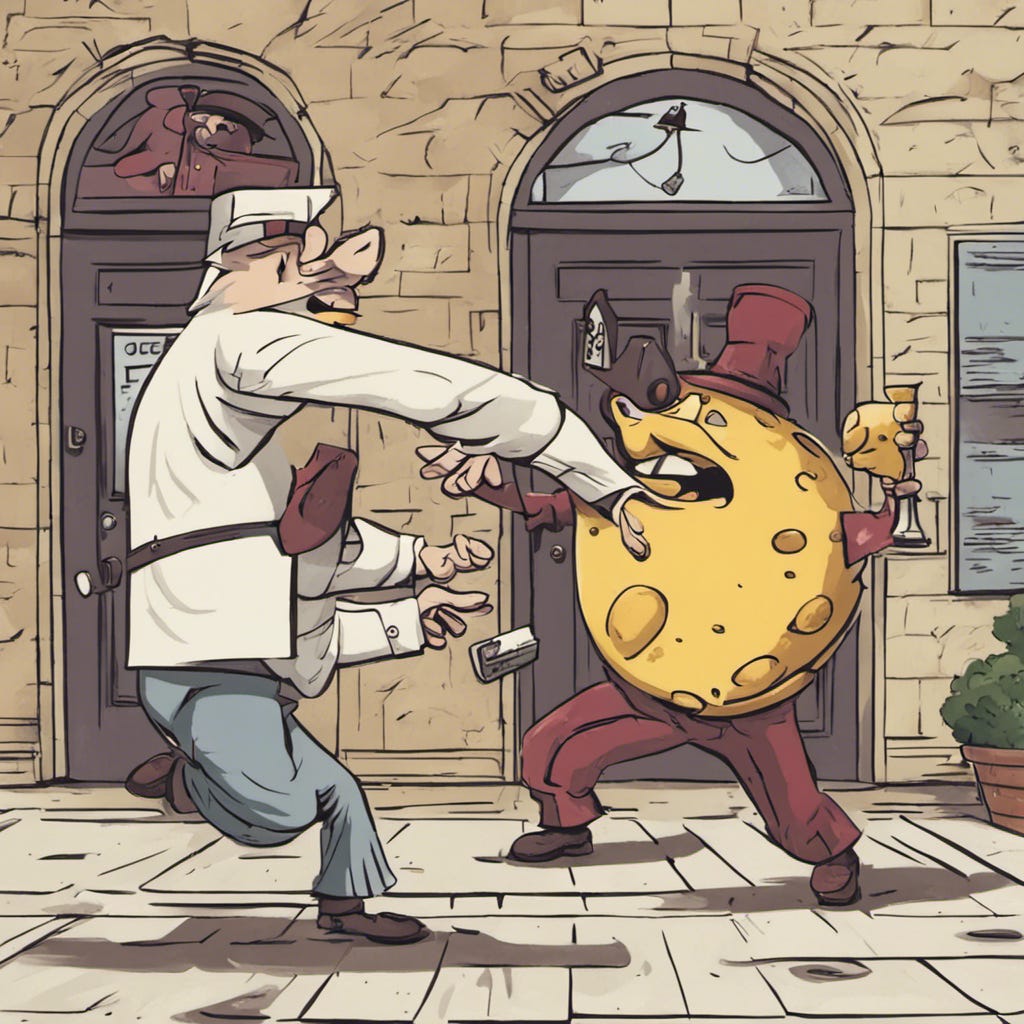
In an earlier piece exploring the amorphous concept of value, I drew inspiration from a Professor Richard Dawkins quote: “the graph of available good things is not a convenient straight line.”
Which—surprising as it may sound to many, even me sometimes—is not always a bad thing.
Sometimes good things come in a higher quantity than expected during a given time period, and as someone born eligible for an American passport, that thought invariably brings government cheese to mind.
In case you’ve only seen the phrase “government cheese” on the Internet, allow me to share some testimony regarding its impact on my life.
You see, I grew up in exactly the kind of circumstances that government can work to correct. My working-class upbringing has had its pros and cons…one of the benefits was cheese.
It was good stuff too, ask anybody! I’ve paid for much worse.
Many of my first grilled cheese sandwiches were made with this creamy, flavorful civic benefit, a tangy and tangible good from government, delivered in my earliest years.
This cheese has shaped my thinking ever since.
Now, a deep dive on the origin of the government cheese so beloved by Americans of a particular age group and formative socioeconomic status would involve an examination of price supports and their impact on markets but I don’t have time for that today, this all gets written day-of and I wanna get a little guitar practice in later.
The express version is the free market dictated that too much cheese was produced (rare sentence!) and so instead of allowing producers to sell at the lower price that current value dictates, the federal government guaranteed producer income levels by guaranteeing a minimum price on the product.
The producers met their margins, and the people got a bunch or free and discounted cheese. Not really a free market kinda thing but it’s what’s called a win-win under our current scorekeeping system, and honestly I can live with it I guess.
All in all, ensuring the quality and availability of essential resources like food is exactly—some say exclusively—the kind of conduct that an entity claiming a legal monopoly on violence should be engaging in.
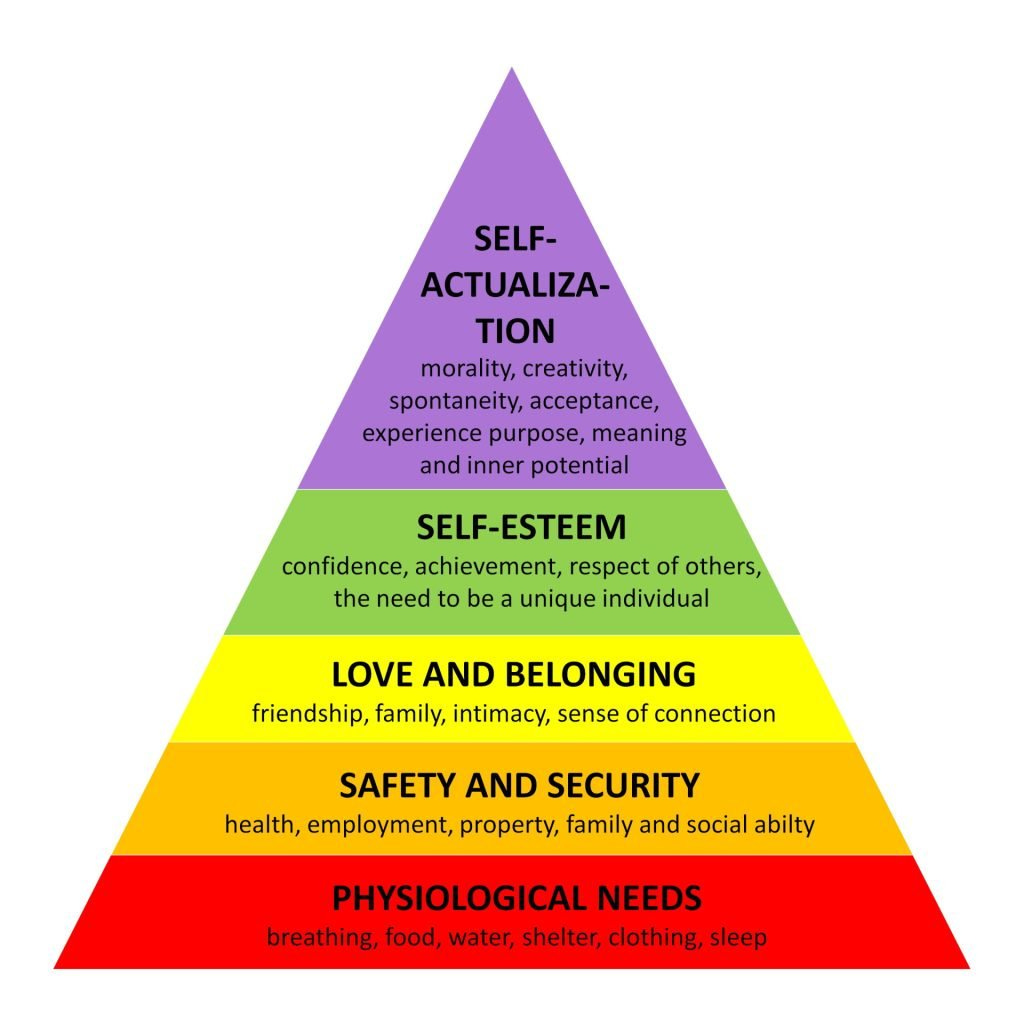
This stands in stark contrast to, well most other actions undertaken by the US federal government in the decades since, but also to the latest developments out of France, where the nation’s largest winemakers will be paid the equivalent of over $200 million of taxpayer funds not to make wine.
Yes, faced with a similar “problem” of overproduction in this year’s calculations, the French government has skipped over several logical solutions to the issue and landed on a sweet deal for producers: paying them to develop and manufacture other products using the surplus of wine.
Look, it is at least encouraging to see that governments can react with speed, particularly with a product so notorious for decreasing in quality with age as French wine.
The funds will allow winemakers to sell their formerly expensive wine at a discount to hand-sanitizer companies, as well as offering supplemental income to enable a smoother transition to smaller vineyards, which I suppose stand more of a chance at thriving in an increasingly warming, less crop-friendly world.
The products made with the destroyed wine will be also sold back to the taxpayer on the open market, essentially meaning that anyone in France who pays taxes and purchases what was once perfectly good wine will have paid for it at least twice…call me a hippie, but something seems bogus about that man.
It makes me think back to my early experience with government price controls.
When “too much of a good thing” was produced, the state stepped in and ensured both profits and distribution…the result was free cheese. Here in France, in a similar scenario today, the ruling class has decided to replace cheap wine with…[checks notes] luxury hand sanitizer?
Bold strategy in a nation with such unique barbershops.
To be fair, it must be typed: is wine really like government cheese? Is it a necessary part of life, a fundamental childhood memory, an essential human right?
I mean, maybe if you’re French so this is a bad rhetorical direction let’s just—
Anyway, the point here isn’t to compare the US and France (trust me, the old country does not come out amazing in a head-to-head matchup unless it’s basketball), it’s to remind us—hell, myself—that better things than we’re used to are possible from the people we empower to act on our collective behalf…after all, it is their job.
Maybe Update Your Resume: Textbook Writers?
For a second straight week, we turn to Highly-Subsidized Korea—you know, the one with the neon boy bands and Samsung-branded banks, right across from that other one with the autocratic regime and subsistence farming—for a glimpse into the future being funded by some of our world’s deepest pockets.
There, on the half a peninsula south of an arbitrary line recently drawn in blood and frozen in time, a technological transformation now has a timeline: the 2025 school year is scheduled to be the first in human history to employ AI-generated textbooks in class.
According to the country’s Ministry of Education, the texts will be delivered via tablet in classrooms, and initially offered to 3rd, 4th, and 9th graders. The first of them will cover relatively standardized subjects such as math and English, but in following years the program will be expanded to technology, social studies, science, and—you guessed it—Korean.
What I do like about the initiative is its grounding in practicality. First and second graders will be excluded from the program, as the famously wired country deems children of this age too young to come into such extensive contact with a personal portable computer.

Another inherent admission of AI’s limitations is the order of language introduction, as AI can definitely teach you enough of the world’s most profitable language to go out and make money with, less so enough to speak from your soul with native fluency.
Still, the thing about AI is that it uses data from the Internet—I once had an AI scold me for not doing my share to contribute to the Internet data pool—and you’d like to think it had some sort of filter for the kookiest nonsense, but with AI hallucination rate estimates hovering around 20 percent, I’m not confident the sieve is quite fine enough yet.
Moreover, these digital textbooks will be constantly updated (think Wikipedia), and the press releases seem a bit short on the oversight process at this time.
In a rapidly evolving world, are we ready for our learning materials to update just as quickly?
Will all nations take the same approach when they inevitably consider a move to near-costless textbook production amid falling budgets and waning enrollment?
What will these young Korean children learn from AI about their cousins to the north?
Will we read in a 2029 textbook that Phoenix was destroyed with a directed energy weapon after an AI scrapes the wrong site?
Questions concerning the future of education in the age of AI abound, but a clear conclusion is this: for PoliSci majors like myself, as well as those who pursued equally valueless study in the humanities, writing a textbook represents one more quickly closing career path.
Color Commentary: Drunk Tank Pink
The color pink has a weird effect on people.
I’m not talking about the weird gender-based hang-ups folks have about what amounts to very light red, that most impactful and aggressive of colors.
…or hell, maybe I am.
In any event, the topic of this week’s Color Commentary is the use of this color in an unexpected workplace: prisons across the US.
I’m sure I’ll find space in next week’s edition for a promo on how the The Land of the Free is home to 5 percent of the world population and a full 1/5 of its prison population, and how there are more people in US jails than there are living in Philadelphia, one of the nation’s Top 5 most populous cities.
Like I said, no time today, I gotta head to practice later.
Instead we’ll examine prison purely as a facility…like a DMV with friendlier people.
Like the DMV, a prison is full of people not really having the best day of their lives…even the guards are still in prison all day.
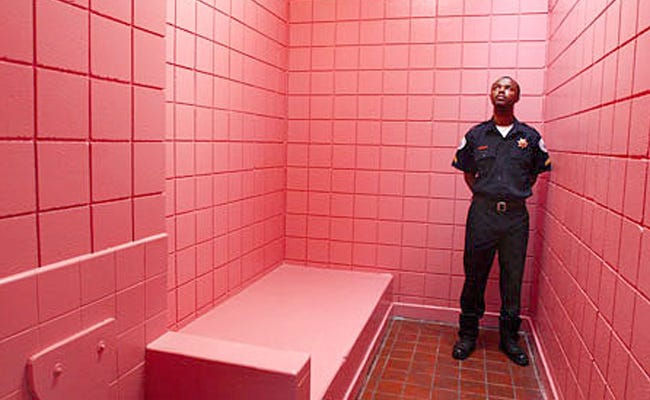
Occasionally, two people who are both not really enjoying their time awake will cross paths, and this is the most common root of an explosive everyday situation.
Most American prisons are all but designed to ensure that these occur.
However, a few facilities have experimented with a simple approach to creating a calmer vibe for the space: altering the decor.
Some of the some tricks at play at that costume jewelry store in the middle of the mall are also quite effective behind the walls of notorious prisons.
Developed after years of psychological study and first deployed at a military correctional base, the shade formally known as Baker-Miller Pink has been documented to decrease not only erratic and hostile behavior, but the capacity for physical strength.
I find it fascinating because pink is conventionally though of as this pale and passive color, and yet does more than a gun to shield against hostilities. Earlier this month when Carnation Pink came up as color of the week in one of my other projects, it brought the unexpected connotations this shade can carry.

I left “prison-wall pink” out of the love letter to the Carnation Pink crayon—after all, being thrown in a concrete cage is pretty rough stuff, and I already talked about how a school got nuked in 1945 during the course of that entry, this is a “childrens’ book” jeez—but it does merit mention as a powerful reminder of the effect that seemingly cosmetic choices can have on our Earthly experience.
*the “Color Commentary” segment leaked out from one of my other projects, “64 to Infinity: Love Letters in Crayon”!
if you’re a lover of color interested in a chronochromatic history of humankind as expressed through a familiar childhood palette, head on over and subscribe.
like this publication, it is entirely apolitical, unlike it “64 to Infinity” is SFW.

Hope Spot: Or Else.
A central lesson from what I consider to be a fairly extensive study of human history is this: “or else” is an indispensable element of enduring change.
As effective as conventional measures such as preparing petitions and writing one’s local representative can be in enacting small and incremental changes, it is “or else” that deliver the most sweeping alterations of business as usual.
No one signed a referendum allowing women to sign referendums, women claimed their right to participate in public life or else societies would risk losing the contributions of half the population, contributions recently proven both necessary and valuable at the dawn of the World War Era.
The participants in 1991’s US Capitol Crawl demanded that building and others across the country be redesigned to accommodate their needs or else the spectacle of neglected Americans dragging their bones across the face of freedom would be an enduring global image of “the greatest country on Earth.”
In the wake of MLK’s assassination, it took just 8 days of near-revolution in cities across the United States to force the passage of the 1968 Fair Housng Act...or else maybe you can’t focus on your fancy fucking moon landing next year.

“Or else” may be the most motivating phrase in the English language, and it’s one I’m happy to hear beginning to be faintly whispered in the conversation on climate conservation.
In the depths of what has been statistically the hottest summer in recorded history, recent days have brought on a spate of highly effective, if frowned upon, protest practices against some of the leading drivers of the climate crisis.
The measures undertaken have identified targets such as megayachts, golf courses, and a private jet expo…for now with spray paint and such, but at least people are getting familiar with the addresses.
Now, there are of course those who would object to property damage under any circumstances, as if filling a golf cup with concrete or something could possibly be put on any sort of spectrum against voluntary and optional actions that make an outsized contribution to a planetary extinction event.
Is a protest that inconveniences no one a protest at all?
In a world where the top 10 percent of an nation’s citizens can be responsible for nearly half of its emissions, and that particular single nation—representing about 5 percent of global population but otherwise remaining nameless—can be responsible for nearly 14 percent of global emissions, targeting those most culpable to receive the largest doses of inconvenience seems more than fair.
Indeed, this intensification of protest mirrors the intensification of the crisis.
Let’s speak openly here: nobody in charge is acting with the appropriate urgency….and in the absence of effective legal avenues, people who like living on a habitable planet will become increasingly…creative…in pursuing that outcome.
Whatever you may think about these more vigorous protest methods, the message here is very clear in that the options in our future are these:
a) we will work to preserve the miracle that is our biosphere.
b) somebody’s gonna suffer.
It’s a dirty job, but dammit somebody’s gotta do it.
….y’know, or else.







